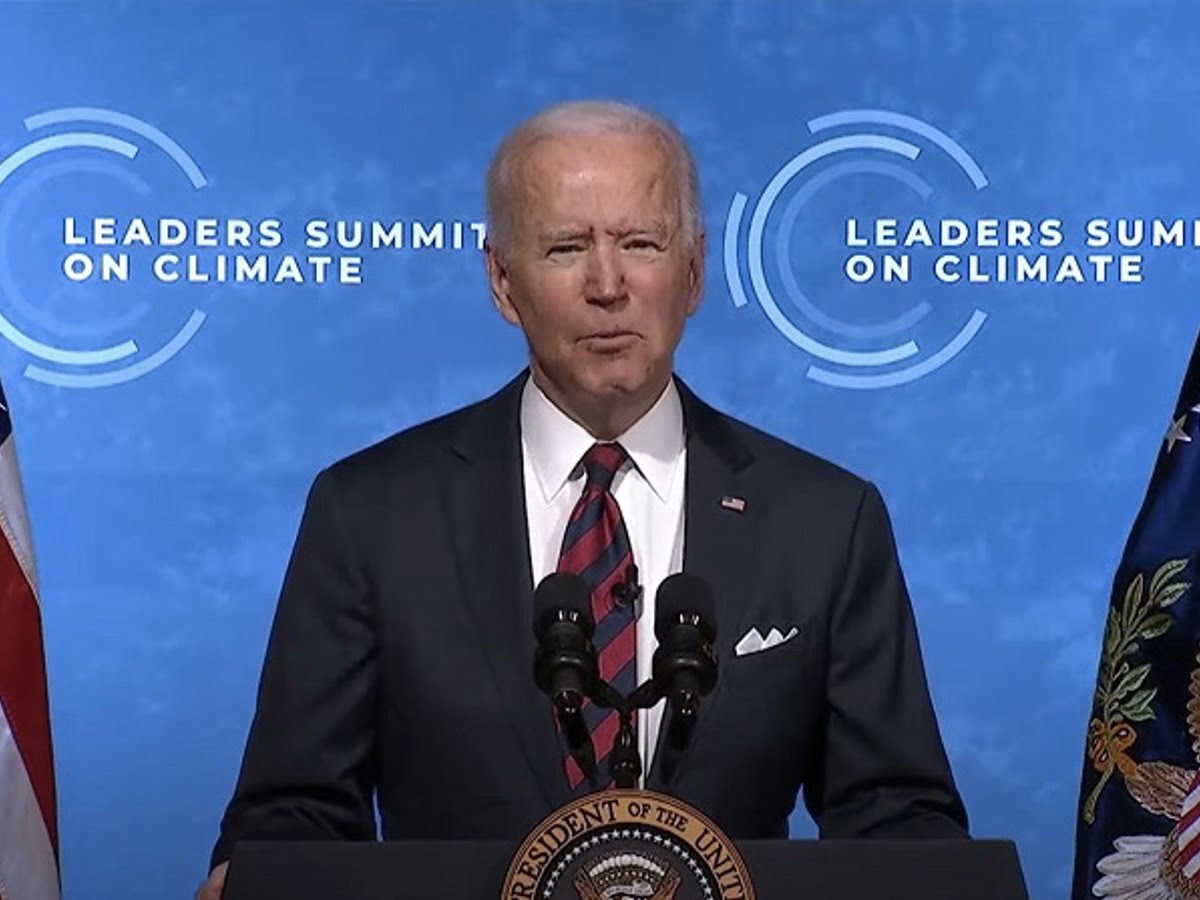
WASHINGTON – President Joe Biden and the United States government held off other plans to provide billions of dollars for poorer countries to address global warming concerns.
The United States joined other rich nations in 2009 to commit more money to the fund by 2020.
Different issues arose for the US government, especially in the consequences of failing to meet the $100 Billion proposition. The US government expressed its concerns about how feasible it was to commit this cash over the next five years.
According to the Organization for Economic Co-operation and Development, the country already fell short in providing $20 billion in 2019. The delay in the US climate finance plan already indicated how unsure the country is in its funding.
Another issue is the interest that continues to increase in each deferred payment by the country.
Although the country can provide the $100 billion, finance expert Joe Thwaite raises the problem of how the country intends to pay for the other outstanding balances.
Other countries also halted their plans of contributing more money to the climate finance plan. Most countries are still negotiating the amount they would need to pay.
For example, Canadian environment minister Jonathan Wilkinson said, “There’s a process we have to go through, not only with Germany but with the UK.”
The negotiations center around how the countries intend to contribute annually.
Unfortunately, the failed negotiations also increase concerns about how credible international efforts would address climate change.





